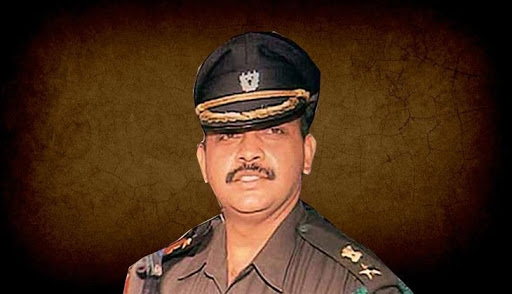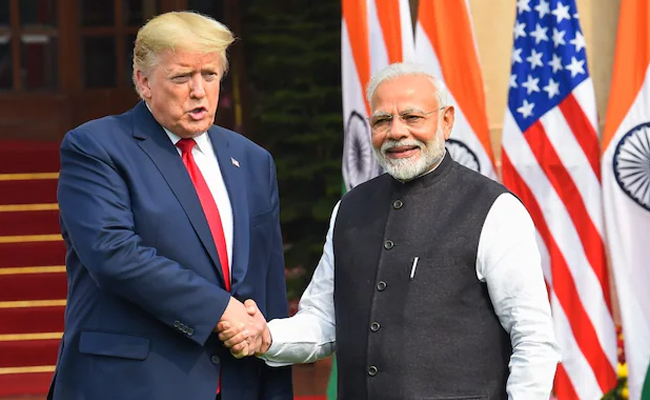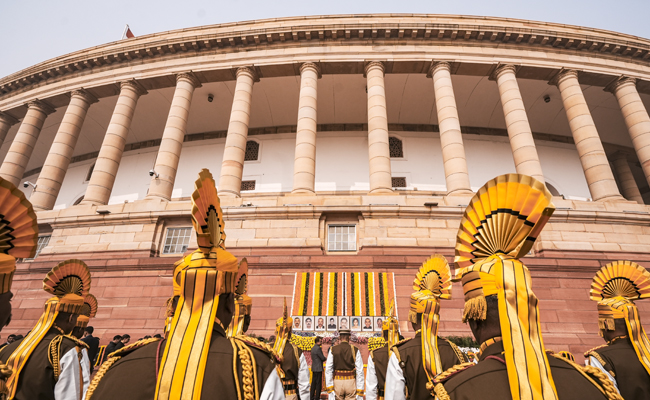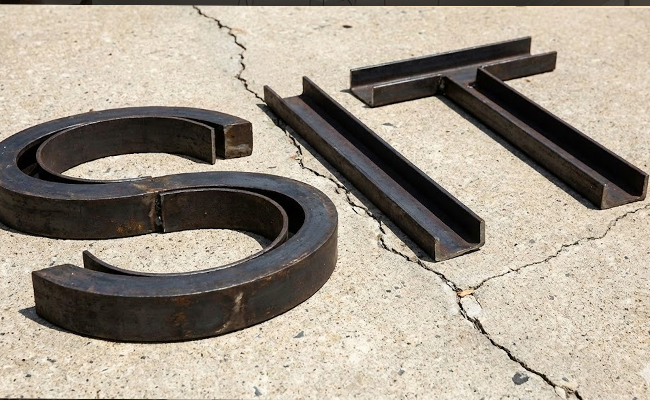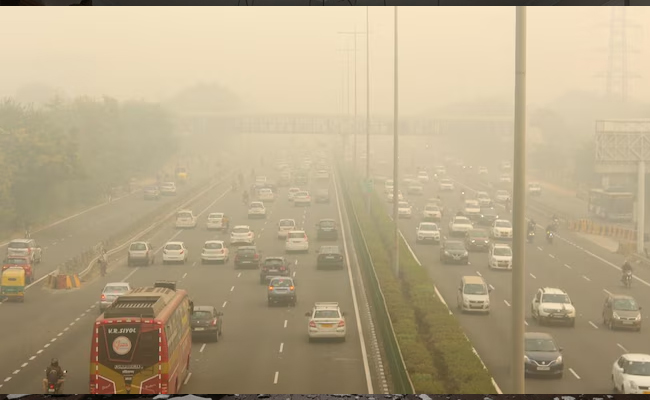Mumbai: Malegaon bomb blast case accused Lieutenant Colonel Prasad Shrikant Purohit on Wednesday told the Bombay High Court, through his lawyer, that he was collecting intelligence for the Indian Army as part of his duty by attending conspiracy meetings for the 2008 blast.
The high court was hearing Purohit's application seeking that all charges against him in the case be dropped.
Six people were killed and 100 others injured when a bomb strapped to a motorcycle went off near a mosque in Malegaon city in the Nashik district of Maharashtra on September 29, 2008.
Neela Gokhale, the counsel for Purohit, who has been booked under anti-terror laws by the National Investigation Agency (NIA), told a bench of Justices SS Shinde and MS Karnik that he had been meeting conspirators and attending secret meetings in a bid to gather information and pass it on to the Army.
Gokhale submitted that Purohit was merely discharging his duties, and therefore, the NIA should have obtained a prior sanction of the Central government to prosecute him.
She said section 197(2) of the CrPC (Criminal Procedure Code) barred a court from the cognizance of any offense that had been committed by any member of the Armed Forces while acting in the discharge of his or her duties without the previous sanction of the Central government.
Gokhale cited "documents from the Indian Army, and former Mumbai joint commissioner of Mumbai Police, Himanshu Roy, commending Purohit for the inputs and information he had allegedly shared with them over the years".
"I (Prasad Shrikant Purohit) am pointing out from these documents that I was discharging my duty, infiltrating in the groups and reporting to my superiors for protecting national security," Gokhale said.
"And for this work, they put me in jail, tortured me, and branded me a terrorist," the counsel said.
In September last year, Purohit had filed a plea in the HC seeking that all charges in the case against him be quashed.
He submitted that the NIA, the prosecuting agency in the case, did not seek prior sanction under the Criminal Procedure Code to prosecute him, therefore, the courts couldn't have taken cognizance of the charges against him.
The NIA, however, opposed Purohit's plea.
In an affidavit filed in the high court in September last year, the NIA had said that in attending the conspiracy meetings, Purohit was not working for the Army and therefore, no sanction under 197 of the CrPc was required for his prosecution.
Purohit was arrested in the case in 2009.
According to the NIA, the motorcycle used in the blast belonged to Purohit's co-accused and BJP MP Pragya Thakur.
The HC will continue hearing the arguments in the case on February 2.
Let the Truth be known. If you read VB and like VB, please be a VB Supporter and Help us deliver the Truth to one and all.
New Delh (PTI) The Congress on Saturday said it is perhaps not very surprising that India is not part of a US-led strategic initiative to build a secure silicon supply chain, given the "sharp downturn" in the Trump-Modi ties, and asserted that it would have been to "our advantage if we had been part of this group".
Congress general secretary in charge of communications Jairam Ramesh took a swipe at Prime Minister Narendra Modi, saying the news of India not being part of the group comes after the PM had enthusiastically posted on social media about a telephone call with his "once-upon-a-time good friend and a recipient of many hugs in Ahmedabad, Houston, and Washington DC".
In a lengthy post on X, Ramesh said, "According to some news reports, the US has excluded India from a nine-nation initiative it has launched to reduce Chinese control on high-tech supply chains. The agreement is called Pax Silica, clearly as a counter to Pax Sinica. The nations included (for the moment at least) are the US, Japan, the Republic of Korea, Singapore, the Netherlands, the United Kingdom, Israel, the United Arab Emirates, and Australia."
"Given the sharp downturn in the Trump-Modi ties since May 10th, 2025, it is perhaps not very surprising that India has not been included. Undoubtedly, it would have been to our advantage if we had been part of this group."
"This news comes a day after the PM had enthusiastically posted on his telephone call with his once-upon-a-time good friend and a recipient of many hugs in Ahmedabad, Houston, and Washington DC," the Congress leader asserted.
The new US-led strategic initiative, rooted in deep cooperation with trusted allies, has been launched to build a secure and innovation-driven silicon supply chain.
According to the US State Department, the initiative called 'Pax Silica' aims to reduce coercive dependencies, protect the materials and capabilities foundational to artificial intelligence (AI), and ensure aligned nations can develop and deploy transformative technologies at scale.
The initiative includes Japan, South Korea, Singapore, the Netherlands, the United Kingdom, Israel, the United Arab Emirates, and Australia. With the exception of India, all other QUAD countries -- Japan, Australia and the US -- are part of the new initiative.
New Delhi will host the India-AI Impact Summit 2026 on February 19-20, focusing on the principles of 'People, Planet, and Progress'. The summit, announced by Prime Minister Narendra Modi at the France AI Action Summit, will be the first-ever global AI summit hosted in the Global South.
Prime Minister Modi and US President Trump on Thursday discussed ways to sustain momentum in the bilateral economic partnership in a phone conversation amid signs of the two sides inching closer to firming up a much-awaited trade deal.
The phone call between the two leaders came on a day Indian and American negotiators concluded two-day talks on the proposed bilateral trade agreement that is expected to provide relief to India from the Trump administration's whopping 50 per cent tariffs on Indian goods.
In a social media post, Modi had described the conversation as "warm and engaging".
"We reviewed the progress in our bilateral relations and discussed regional and international developments. India and the US will continue to work together for global peace, stability and prosperity," Modi had said without making any reference to trade ties.

